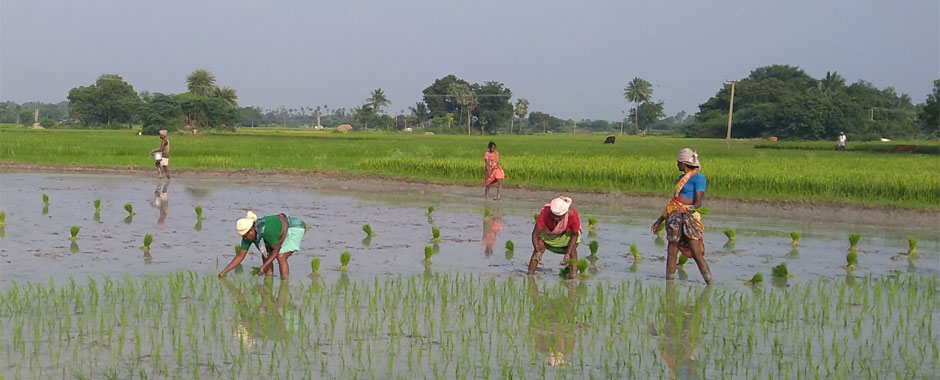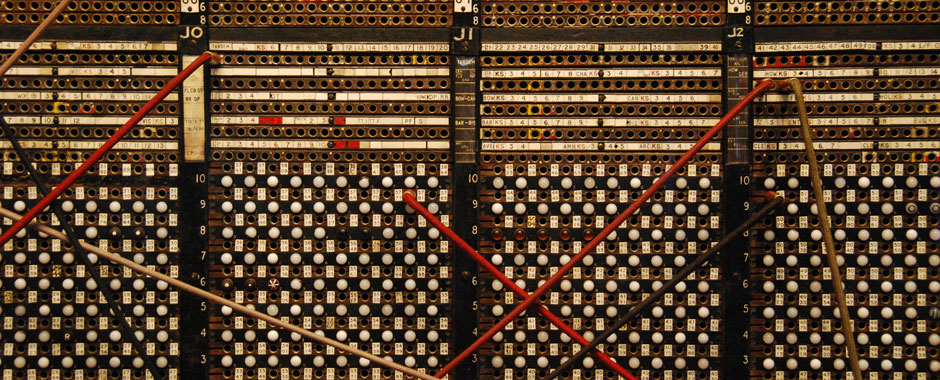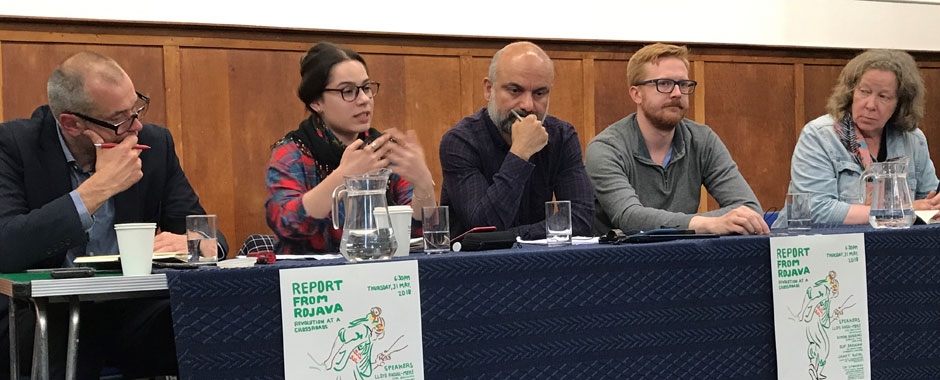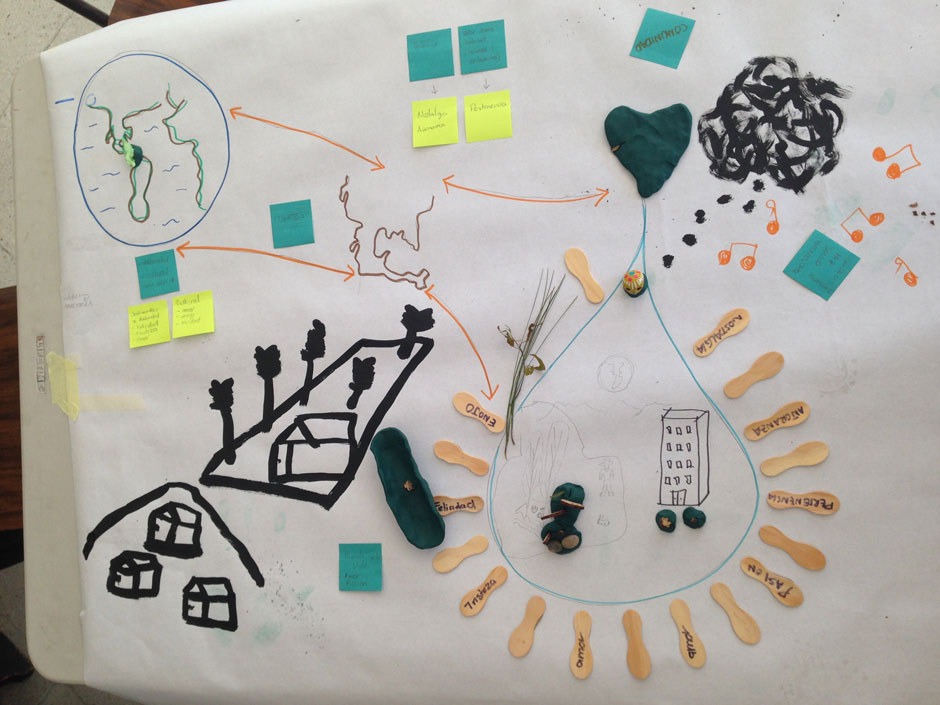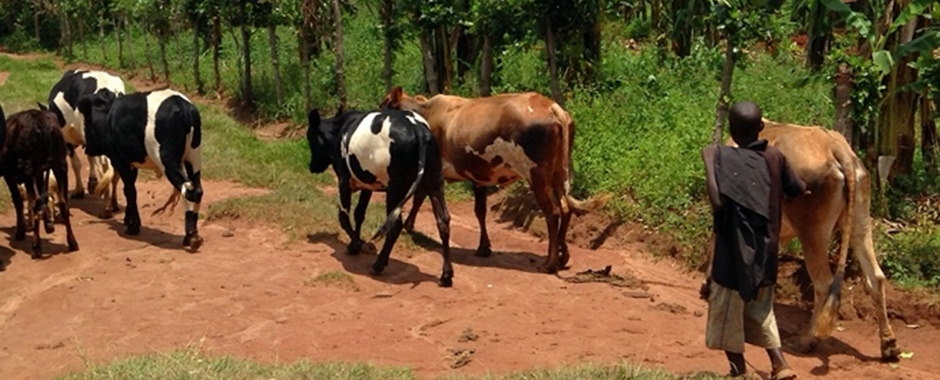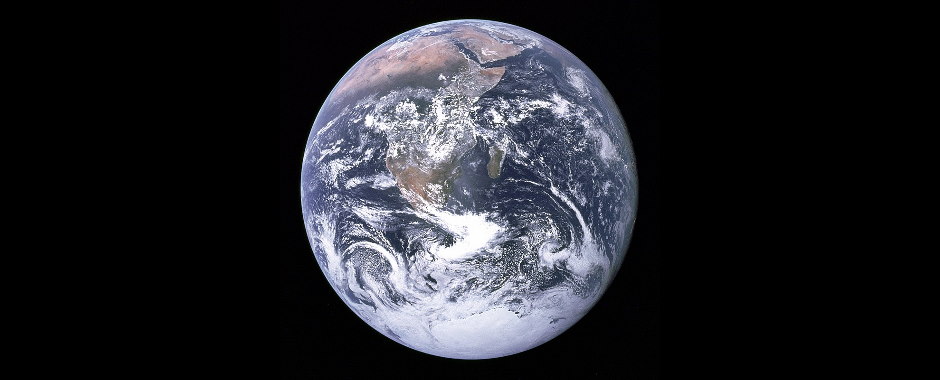by Saurabh Arora, Divya Sharma, M. Vijaybaskar, Ajit Menon and Joanes Atela This is the inaugural blog post for the project Relational Pathways: Mapping Agency and Poverty Dynamics through Green…
What role does rural people’s agency play in finding pathways out of poverty?
Want to transform access to technology? Follow the invisible threads
by Adrian Smith, Rob Byrne, David Ockwell and Ian Scoones This is one in a series of four blog posts exploring ideas and case studies on ‘transformations’, drawing on research…
Report from Rojava: Revolution at a Crossroads
Rojava’s revolution is one of the most promising projects of democratization and social transformation afoot in the current conjuncture in the Middle East. Its context within the ongoing Syrian War…
Was COP21 a failure or a success?
In the aftermath of the COP21 climate change conference, the debate over whether the Paris Agreement is a success or a failure is going full blast. Among other things, the…
Dams: securitization, risks and the nexus
This is one of a series of case stories showing how STEPS Centre projects have used methods and methodologies in particular settings. Background The water-energy-food nexus has emerged as a…
The Transformation Labs (T-Labs) approach to change
The PATHWAYS Network is exploring solutions to problems in six sites (in Argentina, China, Kenya, India, Mexico and the UK) where socio-ecological systems are transforming. To intervene in these transformations,…
World Conference on Science for the Twenty-First Century
The World Conference on Science, held in Budapest, Hungary from 26th June to 1st July, 1999, was the first global conference on science and society in almost 20 years. The Conference sought to provide a forum for debate by the scientific community and society – including governments, business, NGOs and the general public – to address the opportunities and related ethical dilemmas that scientific developments present, and also the means of increasing social commitment to, and from, science. There was significant attention to the themes of gender and traditional knowledge in the context of science and development, but very little attention to technology and innovation directly. (Oldham, pers. comm.)
Does the African Green Revolution include smallholder farmers?
This year’s African Green Revolution Forum (AGRF) took place online, hosted out of Kigali, Rwanda. Chaired by the Alliance for a Green Revolution in Africa (AGRA), the AGRF is a…
The ‘weight’ of humanity: questions on Attenborough’s ‘A Life On Our Planet’
Two images stand out in David Attenborough’s new film A Life On Our Planet. The first is of the “blue marble”, the Earth, viewed from a spacecraft for the first…
How can solar power be part of transformations to sustainability in Kenya?
Transforming pro-poor energy access is a priority goal for many countries in Africa. Many poorer households are not connected to the grid, so use kerosene, paraffin or batteries, or have…
